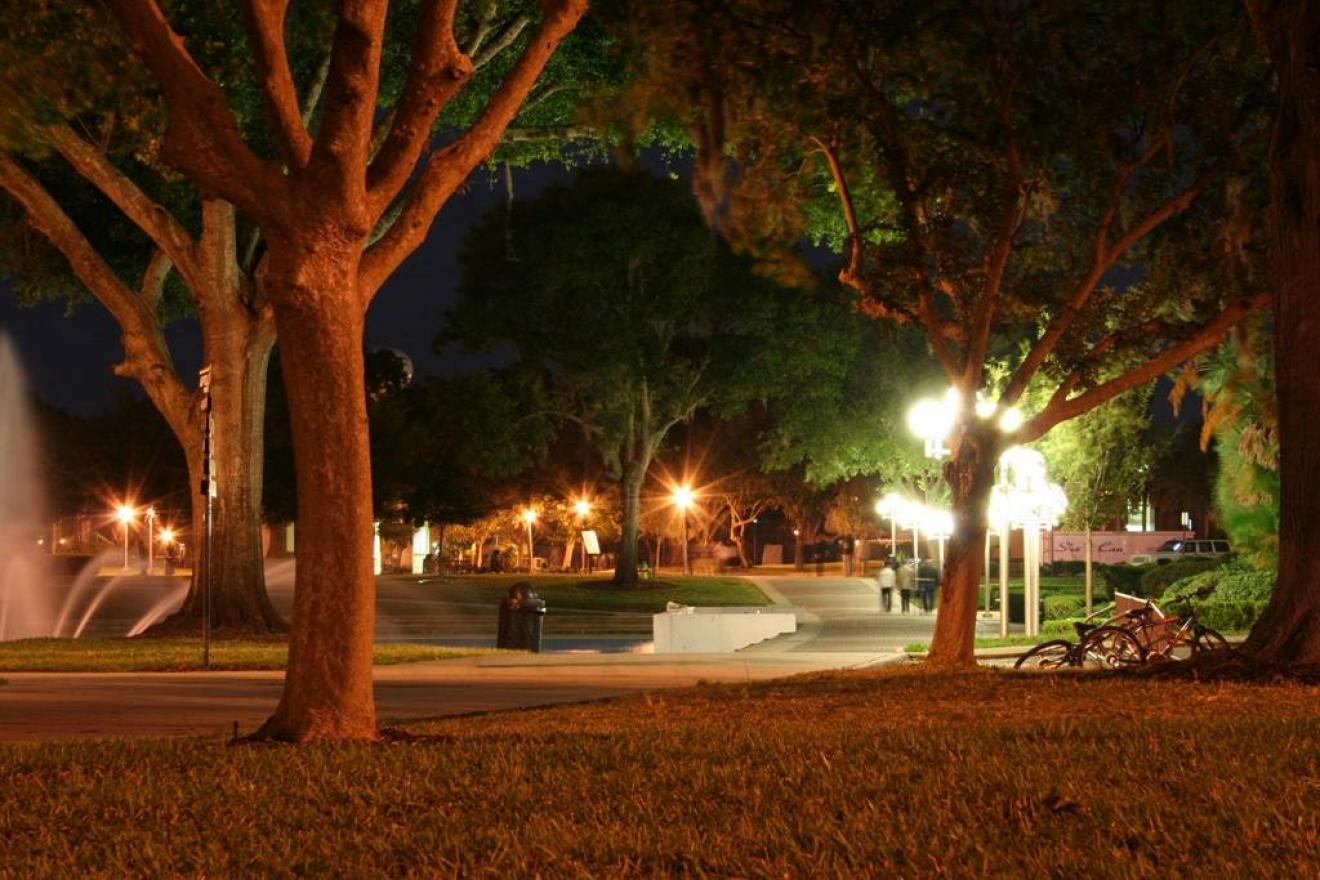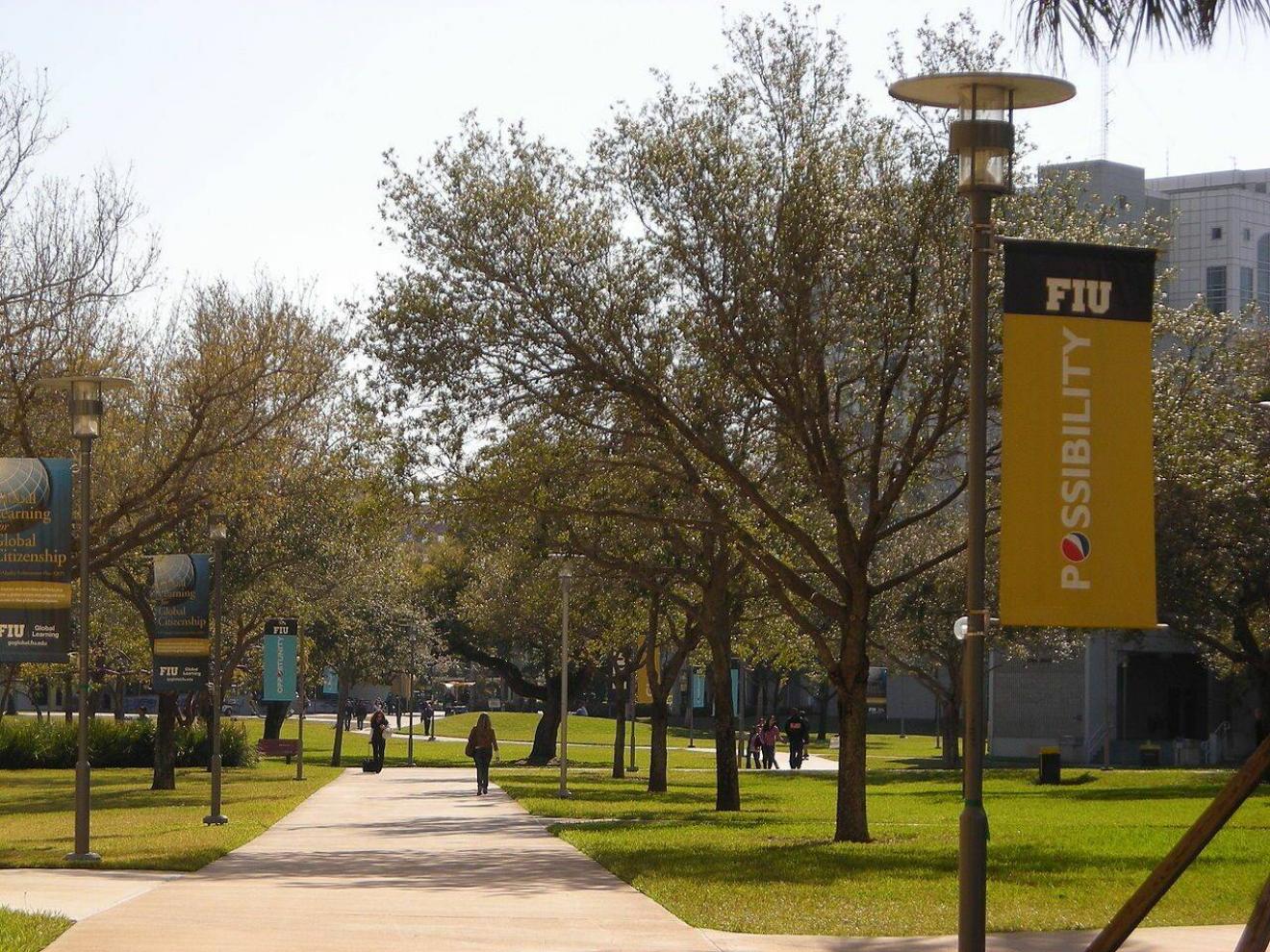Best General Criminal Justice colleges in the U.S.
Criminal justice represents an interdisciplinary field that blends law enforcement, court systems, and corrections. Given that no central agency handles criminal justice – individual systems at the local, state, federal, military, and tribal levels work together – students considering this path can choose from many different careers. But at the heart of this work is seeking justice for unlawful acts, developing appropriate penalties, creating systems to reduce repeat cirminals, and working to enhance community safety.
Criminal justice degrees exist at every academic level and lead to various positions in private, governmental, and nonprofit settings. Keep reading to learn about available careers, required education, earning potential, financial assistance, and online learning options.
Best General Criminal Justice colleges in the U.S. for 2024

CUNY John Jay College of Criminal Justice offers 6 General Criminal Justice degree programs. It's a large, public, four-year university in a large city. In 2022, 1,676 General Criminal Justice students graduated with students earning 1,477 Bachelor's degrees, 158 Master's degrees, and 41 Certificates.
Liberty University offers 12 General Criminal Justice degree programs. It's a very large, private not-for-profit, four-year university in a small city. In 2022, 1,222 General Criminal Justice students graduated with students earning 604 Bachelor's degrees, 455 Master's degrees, 89 Certificates, 60 Associate's degrees, and 14 Doctoral degrees.

University of Central Florida offers 5 General Criminal Justice degree programs. It's a very large, public, four-year university in a large suburb. In 2022, 637 General Criminal Justice students graduated with students earning 516 Bachelor's degrees, 94 Master's degrees, and 27 Certificates.
Ashford University offers 6 General Criminal Justice degree programs. It's a very large, private for-profit, four-year university in a large city. In 2022, 568 General Criminal Justice students graduated with students earning 468 Bachelor's degrees, and 100 Master's degrees.
One of the oldest schools in Texas, Sam Houston State University (SHSU) is home to multiple undergraduate and graduate degrees in criminal justice. Students can choose from areas like criminology, forensic science, security studies, and victim studies. Alongside in-person options, SHSU offers online programs in homeland security studies and criminal justice leadership and management.
Saint Leo University offers 10 General Criminal Justice degree programs. It's a large, private not-for-profit, four-year university in a small suburb. In 2022, 477 General Criminal Justice students graduated with students earning 240 Bachelor's degrees, 150 Master's degrees, 48 Certificates, 20 Doctoral degrees, and 19 Associate's degrees.
Based in Tallahassee and founded in 1851, Florida State University is one of the top schools in the state and offers both undergraduate and graduate degrees in criminal justice. In addition to standard on-campus options, criminal justice students can tackle bachelor's and master's degrees entirely online. For students interested in completing both undergraduate and graduate degrees, FSU offers a 5-year track where students can earn both degrees.
Ivy Tech Community College offers 3 General Criminal Justice degree programs. It's a very large, public, two-year college in a large city. In 2022, 486 General Criminal Justice students graduated with students earning 255 Associate's degrees, and 231 Certificates.

Florida International University offers 4 General Criminal Justice degree programs. It's a very large, public, four-year university in a large suburb. In 2022, 649 General Criminal Justice students graduated with students earning 600 Bachelor's degrees, 44 Master's degrees, and 5 Doctoral degrees.
University of Cincinnati-Main Campus offers 7 General Criminal Justice degree programs. It's a very large, public, four-year university in a large city. In 2022, 345 General Criminal Justice students graduated with students earning 227 Bachelor's degrees, 101 Master's degrees, 15 Doctoral degrees, and 2 Certificates.
Top schools offering General Criminal Justice degrees in the U.S.
General Criminal Justice
What is General Criminal Justice?
According to the Bureau of Labor Statistics (BLS), 3.9 million Americans currently work in 27 positions related to criminal justice. Positions exist for individuals with countless interests and desired focus areas, making it a great option for various types of professionals and students.
The BLS projects that jobs in protective service occupations will grow by 2% between 2021 and 2031, creating nearly 72,600 new jobs. As of May 2021, professionals in Protective Service Occupations in these roles earned median salaries of $46,590 – slightly higher than the median of $45,760 for all occupations.
General Criminal Justice Degree Overview
Criminal justice degrees exist at the associate, bachelor's, master's, and doctoral level, providing lots of opportunities for entering the field and progressing across time. In this section, we take a closer look at each degree level to give prospective students a sense of what to expect.
Criminal Justice Areas and Specializations
Homeland Security
A homeland security specialization introduces the core theories and essential practices aimed at protecting U.S. borders and vital infrastructure. Students gain a working knowledge of the laws, technologies, and methods that inform topics spanning from disaster management to threat assessment.
Law Enforcement
Law enforcement is a popular academic concentration for criminal justice majors, preparing students with the tools they need to advance their careers. Whether studying policing theory or social justice, students tackle core classes such as criminal investigation, administration of criminal justice, and community-oriented policing.
Forensic Science
Another practical specialization for future law enforcement professionals, forensic science introduces students to the methods and best practices of criminal investigations and procedures. Degree-seekers also familiarize themselves with the essential theories of justice, crime, and community outreach.
Associate Degree in General Criminal Justice
The introductory degree in criminal justice, associate degrees provide the introductory knowledge needed to take up support and entry-level roles after graduation. A popular academic option by community colleges, through in-person and online learning, these programs require two years of full-time study and consist of approximately 60 credits. In addition to general education classes, students also take criminal justice coursework in areas such as:
- Introduction to Criminal Justice
- Criminal Law
- Criminal Investigation
- Criminal Procedure
Bachelor's Degree in General Criminal Justice
Bachelor's Degrees in Criminal Justice are popular options within this discipline and lead to many different exciting and growing jobs. Building on knowledge gained in an associate degree, these programs cover more advanced topics. They may even provide the opportunity to specialize in areas such as corrections and case management, law enforcement, and homeland security and crisis management.
First-time learners spend four years completing full-time studies, while those who have already completed an associate degree can graduate in about two years. Common coursework offerings include:
- Crime in Media and Popular Culture
- Juvenile Justice System
- Corrections in America
- Introduction to Criminal Investigations
Master's Degree in General Criminal Justice
Not all jobs require an advanced degree in the world of criminal justice, but several do And those that do tend to pay more than jobs for those with a bachelor's degree. Individuals interested in roles as FBI or DEA agents, U.S. Marshalls, or forensic psychologists all benefit from a master's degree.
Most of these programs consist of 30-36 credits and require approximately two years of full-time study. Many colleges offer these programs completely online to make it easy for working professionals to earn a degree while balancing personal and professional obligations. As with bachelor's degrees, students can typically choose from several concentrations to focus their studies.
Doctoral Degree in General Criminal Justice
Reserved for students who want to work at the highest levels of the discipline, a PhD in Criminal Justice program can take between three to five years to complete and consists of 50 to 75 credits. In addition to coursework covering topics such as theories of crime, the police and society, and reserach methods, learners must also research and write an original dissertation.
After completing requirements, graduates find work as criminal justice researchers, academics, expert witnesses, and high-ranking administrators.
What Can I Do with a Degree in General Criminal Justice?
Given the size of the criminal justice field, a diverse set of jobs are widely available. Even though some roles require only on-the-job training, such as police officers, others look for more advanced degrees, like lawyers and judges. Keep reading as we look at some common career paths below and include information on both median salaries and job outlook.
Police and Detectives
- Annual Salary: $66,020
- Job Outlook: 3%
Criminal Justice Professors
- Annual Salary: $79,640
- Job Outlook: 12%
Private Detectives and Investigators
- Annual Salary: $59,380
- Job Outlook: 6%
Correctional Officers and Bailiffs
- Annual Salary: $47,920
- Job Outlook: -10%
Lawyers
- Annual Salary:$127,990
- Job Outlook: 10%
How To Earn A Criminal Justice Degree - Next Steps
- Earn a high school diploma
- Search for colleges that offer criminal justice programs that meet your unique needs
- Apply—you'll need to submit a quality application that meets all requirements and is free of errors
- Enroll in the best school for you
- Study hard while making the most of your college experience
- Take advantage of vitally important internship opportunities
Earning an Online General Criminal Justice Degree
Online criminal justice degrees mirror in-person programs but provide the flexibility busy students need. Online learning also allows students to cast a wider net when looking at prospective schools, and can also cost less in some cases. Some programs offer asynchronous learning, meaning students can log-in to watch prerecorded lectures and complete assignments at times that work best for them. Others are synchronous in format, meaning learners need to log-in at specific times for live lectures. Online criminal justice programs abound, but we’ve spotlighted two in this section.
General Criminal Justice FAQ
List of all General Criminal Justice colleges in the U.S.
| School | Average Tuition | Student Teacher Ratio | Enrolled Students | |
|---|---|---|---|---|

|
University of Phoenix-Arizona Phoenix, AZ | 1,111 : 1 | 88,891 | |

|
CUNY John Jay College of Criminal Justice New York, NY | 34 : 1 | 13,921 | |

|
Liberty University Lynchburg, VA | 135 : 1 | 96,709 | |

|
American River College Sacramento, CA | 79 : 1 | 27,422 | |

|
University of Central Florida Orlando, FL | 45 : 1 | 68,346 | |










